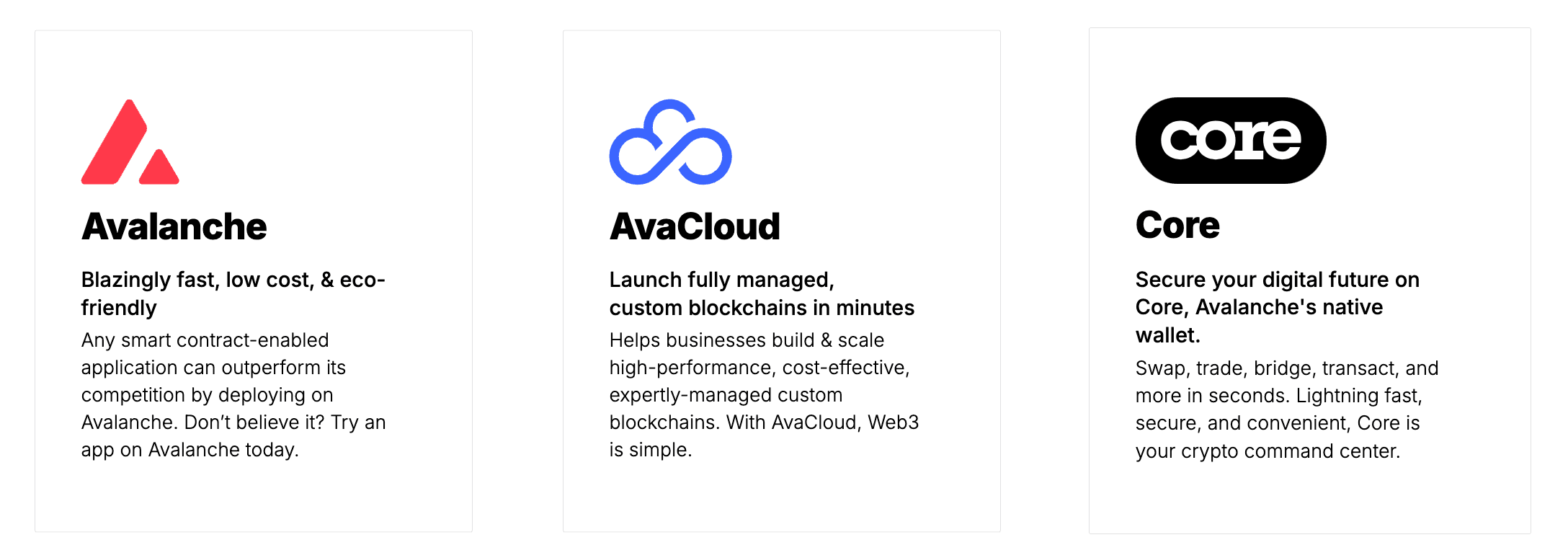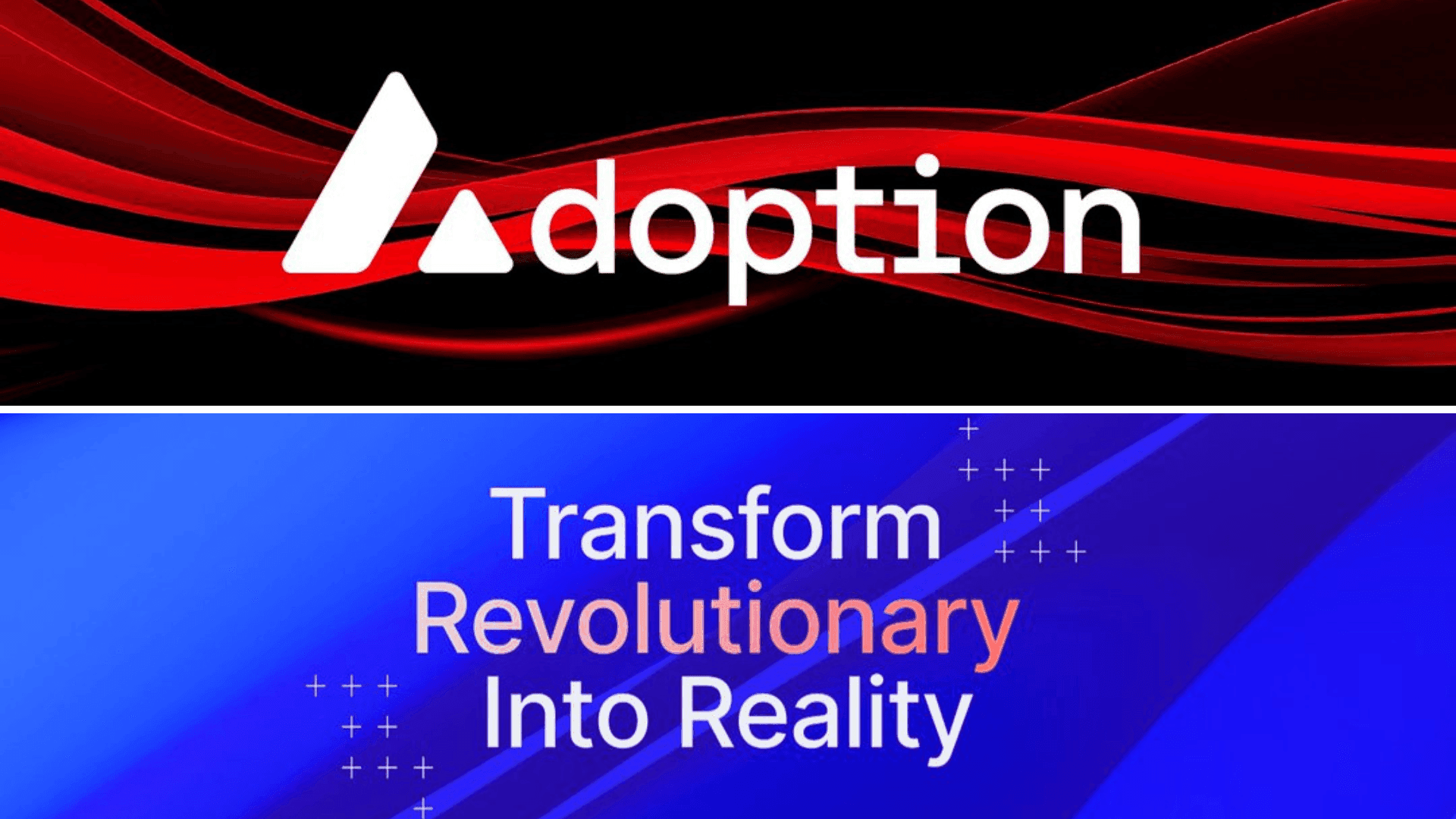Blockchain technology continues to gain attention not only for its connection to digital currencies but also for its broader applications across the global economy. Despite the volatility of crypto markets, the underlying technology behind these systems has consistently shown its ability to address structural challenges related to trust, transparency, and efficiency. This article outlines the current and potential role of blockchain in modern digital systems, drawing on recent testimony from Ava Labs CEO Emin Gün Sirer before the US House Financial Services Committee.
More About Ava Labs
Ava Labs develops tools that make it easier to build decentralized applications and networks on Avalanche. The company was founded by a team of Cornell computer scientists, working alongside financial industry professionals and early web3 developers. Their goal is to advance the practical use of blockchain technologies through accessible, high-performance infrastructure.

Ava Labs Cover Banner
Understanding Blockchain’s Growing Relevance
The concept of blockchain is not entirely new, but its role in contemporary systems is becoming more significant. To understand its value, it helps to consider the broader history of technological progress. The development began with standalone computing systems, evolved into networked computers via the Internet, and now continues with decentralized technologies like blockchain. At its core, blockchain allows for secure, transparent, and decentralized record-keeping. This infrastructure supports a range of applications including secure digital assets, streamlined supply chains, efficient financial services, and transparent governance systems.
Blockchain is being positioned as a foundational element for a more secure and efficient digital economy. Like how the internet once redefined communication and commerce, blockchain is now shaping how trust and data are managed across various sectors. Its decentralized structure minimizes the reliance on centralized authorities and allows for peer-to-peer transactions that are publicly verifiable and resistant to tampering.
Evolution from Bitcoin to Multichain Networks
The blockchain story began with the launch of Bitcoin, which introduced the concept of digital money without the need for a central bank. Its core innovation was a consensus mechanism that enabled secure, decentralized transactions. This breakthrough showed that ownership and transfer of digital assets could occur without a traditional intermediary.
In 2015, Ethereum expanded this concept by introducing programmable smart contracts. These are self-executing contracts with terms directly embedded in code, enabling more complex use cases such as lending platforms, decentralized applications, and the tokenization of assets. Today, platforms like Avalanche represent the next step in blockchain development by offering customizable blockchains known as subnets. These allow businesses to create tailored blockchain solutions suited to specific operational or regulatory needs, supporting a diverse range of industries and use cases.

Ava Labs Digitize All The World's Assets
Impact on Market Transparency and Efficiency
Blockchain technology also plays a significant role in enhancing financial transparency and oversight. Unlike traditional systems where data is often siloed, blockchain offers equal visibility to all participants, including regulators. This transparency does not come at the cost of privacy but encourages responsible behavior and trust among users.
Recent failures in centralized crypto-asset exchanges, such as FTX, brought renewed attention to the risks associated with traditional custodianship. These failures were not due to blockchain itself but to issues in how digital assets were stored and managed off-chain. In contrast, decentralized exchanges continued to function normally during these events, highlighting the reliability of blockchain-based systems. Technologies like Ava Labs’s Enclave Markets use secure computation methods to prevent market manipulation, and on-chain lending protocols have shown resilience during times of market stress, outperforming traditional lending platforms.

Ava Labs, Avalanche, AvaCloud and Core
The Importance of Balanced Regulation
As blockchain adoption grows, so does its intersection with regulatory frameworks. This presents a challenge for policymakers, as the pace of innovation often outstrips regulatory readiness. In his congressional testimony, Emin Gün Sirer warned that failing to understand or appropriately regulate blockchain could hinder economic growth and allow bad actors to exploit gaps in oversight. He emphasized the need for regulatory approaches that support innovation while ensuring adequate consumer protection.
For blockchain to reach its full potential, regulations must be informed, flexible, and responsive to the unique characteristics of decentralized technologies. Policymakers must avoid one-size-fits-all approaches and instead work with industry leaders to craft frameworks that support innovation and safeguard public interest.
Toward Seamless Blockchain Integration
The long-term vision for blockchain is not one of disruption for disruption’s sake, but of quiet integration into everyday systems. The most impactful technologies are often those that operate in the background, supporting daily functions without being directly noticed. Blockchain aspires to reach this level of integration, where it underpins services and transactions across sectors without requiring users to understand its technical complexities.
Solutions like AvaCloud, an enterprise product from Ava Labs, reflect this vision. They offer businesses the ability to launch and manage their own blockchains with ease, automating many functions to reduce operational friction. This allows organizations to focus on delivering value rather than managing technical infrastructure.
As more businesses adopt blockchain for practical purposes, industries ranging from finance to gaming and public administration are beginning to explore its potential. With continued collaboration between developers, businesses, and regulators, blockchain could serve as a stable foundation for a more transparent and efficient digital economy.

AvaCloud, Ava Labs, Adoption, Avalanche
Final Thoughts
Blockchain technology is gradually establishing itself as a core component of the modern economy. Beyond the headlines about cryptocurrencies and market cycles, the fundamental features of blockchain—decentralization, transparency, and security—are driving its adoption across sectors. As shown in recent discussions with policymakers, the path forward depends on thoughtful regulation and continued innovation. With these elements in place, blockchain has the potential to support a digital economy built on trust, accountability, and long-term resilience.
Source: AvaCloud



